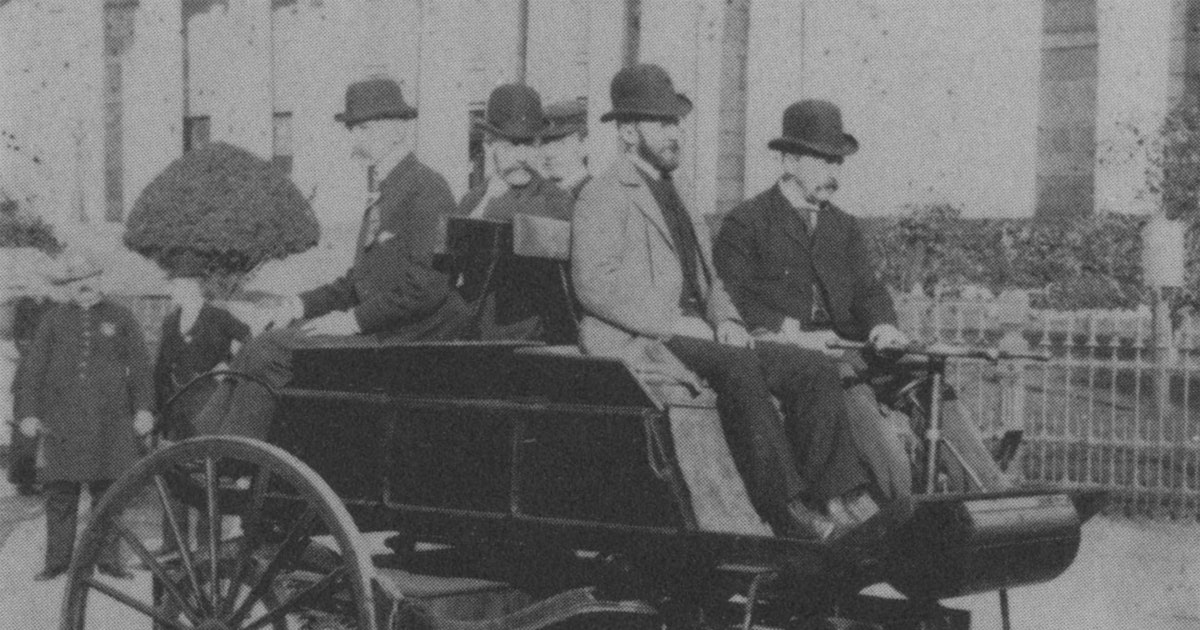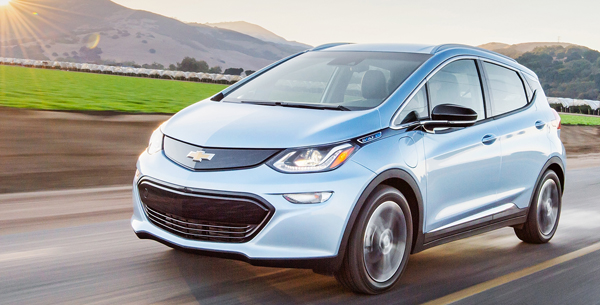Been there, done that, and will again.Post yours.
No Sea Level Rise says Isle of the Dead
I have not noticed anybody mention the Isle of the Dead and the physical evidence that indicates the level of the Oceans are more or less constant. In 1841 Captain Sir James Clark Ross, marked the mean level of the sea. It is funny to note, that back in 1841 that people had a better...
www.usmessageboard.com





